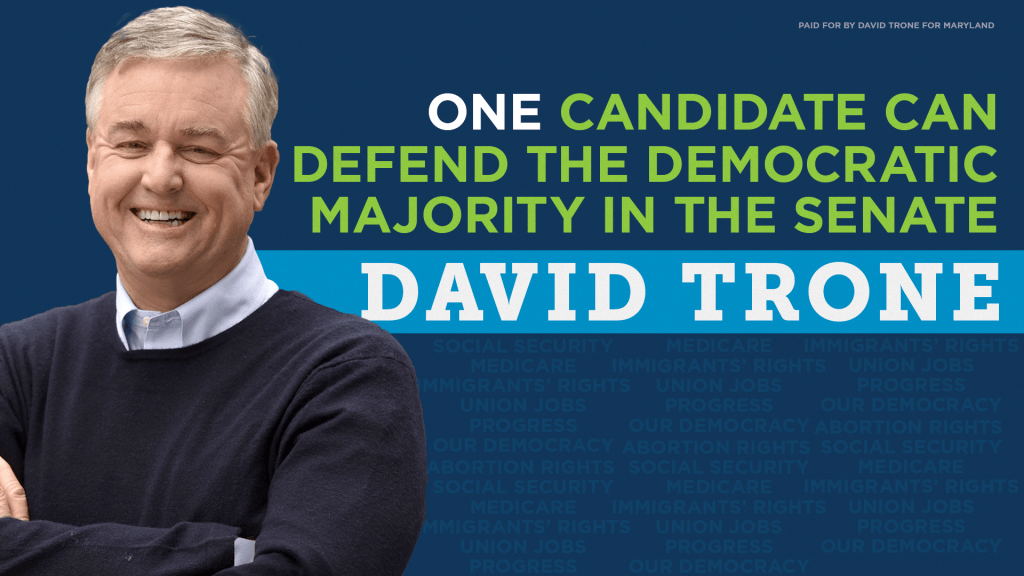Baltimore, MD – The Governor’s Office of Crime Control & Prevention (GOCCP) today announced that 20 local government and nonprofit organizations have received a total of $825,558 under federal and state funding initiatives for juveniles. These funds support reform in Maryland’s juvenile justice system, and focus on initiatives and strategies that hold youthful offenders accountable, while providing individualized programs that engage their families as part of their treatment.
Federal funds totaling approximately $520,000 are from the Title II Formula Grant, a grant program administered by the Office of Juvenile Justice and Delinquency Prevention (OJJDP). The grant provides funding for agencies to support effective programs that provide alternatives to detention, as well as services and diversion to keep juveniles from penetrating deeper into the system so they are less likely to reoffend, while still holding them accountable. In addition, GOCCP awarded approximately $305,000 in state funding to implement similar juvenile justice programs and initiatives.
“My administration is committed to providing young people who have gotten into trouble with better outcomes than confinement,” said Governor Larry Hogan. “Through these programs, low-level, youthful offenders will be provided with treatment opportunities to ensure that the underlying causes of their behavior are being addressed. Our goal for these young people is to give them the chance to become law-abiding, contributing members of their communities.”
“We can achieve better outcomes in our juvenile justice system if we take the juvenile offenders that do not need to be behind bars and hold them accountable through alternatives to detention,” said Christopher B. Shank, Executive Director of GOCCP. “By diverting low-level juvenile offenders through supervision programs in the community, we can help them avoid deeper involvement in the system, keep them in touch with their families, schools and community resources, and increase their opportunities for success. In addition, we can reserve expensive detention resources for those juvenile offenders who must be held to protect the community.”
Funds support the implementation of effective programs such as community conferencing, neighborhood youth panels and evening reporting centers. These supervision approaches consider the harm crime inflicts on both victims and the community, and engage all parties – offenders, victims and the community – in solutions and the process of healing. Through partnerships with key stakeholders, these programs will support victims, restore communities, prepare offenders for success after their supervision ends and promote accountability in the juvenile justice system.
A list of the award recipients and the grant amounts is below.


